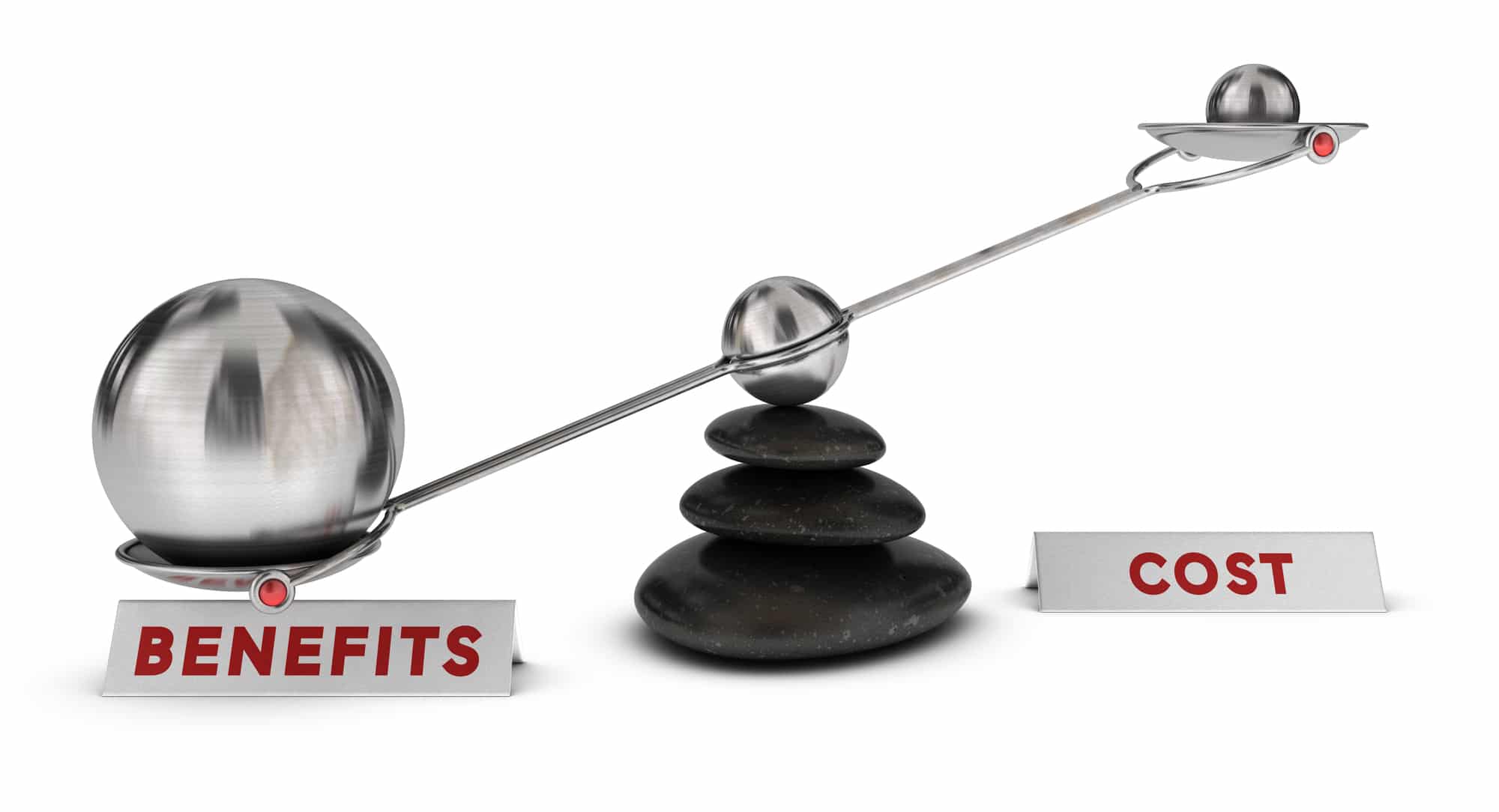The Different Benefits of Operating a Franchise vs. a License Model
The natural question for many successful businesses looking to expand their operations and profits is to compare the value of a franchise vs. a license model. Each expansion method comes with a unique set of challenges and opportunities for business owners. Choosing the best approach for your business will likely depend on your industry and other goals.
This article provides quick background on the difference between franchising and licensing and a brief explanation of the benefits associated with each method.
What Separates Franchising and Licensing?
You can think of franchising as a smaller subset of licensing. In other words, all franchising is licensing, but not all licensing is franchising.
A franchise model is one where the business owner sells that model to other operators who become franchisees. The franchisee receives access to trade secrets, IP rights, and other industry knowledge in exchange for compensation. Franchise models come in several different forms, for example:
Licensing, in contrast, is when one party gives another party the right to use intellectual property (e.g., trademarks and copyrights). What’s missing in a licensing deal are the trade secrets and other business operation knowledge. That’s because a franchise model is about replicating a business model in new markets. In contrast, a licensing model is about expanding the use of a business’s brand or goodwill through new partners and their products or services.
The Benefits of a Franchise Model
Traditionally, the franchise model offers the following benefits to franchisors looking to grow their business:
- Increase and diversify revenue streams through the collection of franchise fees
- The ability to monetize the work you’ve already done to develop a successful business operation model and its associated goodwill.
- Growth of a brand through expansion into new geographic territories
The Advantages of Licensing Intellectual Property
A licensing model offers many of the same benefits as a franchise model but in a slightly different context. For example, a licensing deal provides new revenue streams through licensing fees and the ability to monetize work previously done (i.e., the sweat equity from the goodwill of your IP).
Intellectual property licensing also gives you the benefit of expansion into new markets, but not necessarily geographic markets like in a franchise model. Instead, licensing provides access into new markets by combining your goodwill with new products and services (e.g., merchandise and other consumer products.).
Franchise vs. Licensing Model: Which Is Right for Your Business?
Choosing between a franchise or license method should involve careful consideration of your business and your future goals. While a franchise operation may warrant a higher fee than licensing, you will generally have more work to do (e.g., training and traveling to franchisees for quality control).
Additionally, not all business operations are for a franchise model because of supply chain issues, education requirements, or other elements that make replication difficult. Raising the capital necessary to scale through a franchise model may also be a challenge.
Legal Help with Starting a Franchise or License Model for Your Business
The benefits of a franchise or license model can be well worth the challenges and time spent deciding which route is best for you. The attorneys at Franchise & Business Law Group understand the nuances between franchising and licensing models and how they may impact your business goals. Please contact us if you have any questions about franchising and licensing or need help formalizing the legal documents for either model.
Contact Franchise & Business Law Group today to schedule a consultation about expanding your business through a franchise or license.

